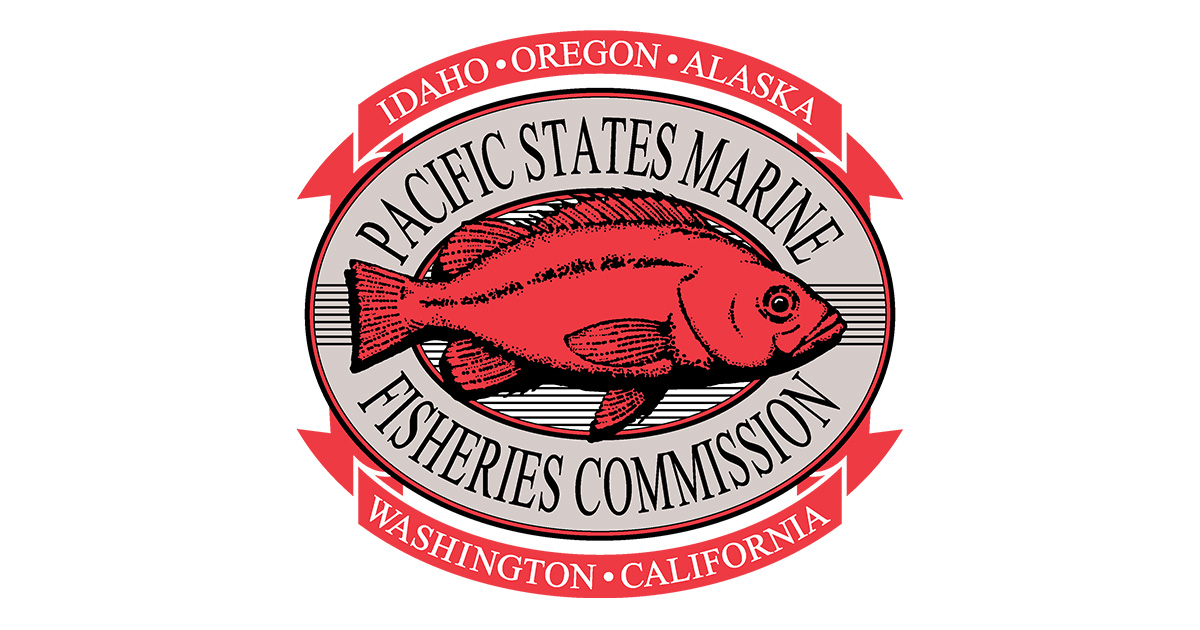Fisheries Technicians perform duties related to the protection, preservation, propagation, and sampling of fish species and the preservation or enhancement of their habitat.
They use knowledge of procedural requirements and processes to support the technical work of their unit. They provide practical technical support to research, operations, or program administration efforts.
Position/Project Specifics:
Essential Functions: (The functions listed below are characteristic of the type and level of work associated with this group and pay band. They are not all-inclusive. Individual positions may perform some or all, as well as other similar work.)
- Participate in survey crews that conduct regional fishery presence/absence research, recreational/commercial fishing surveys, anadromous fish escapement surveys (carcass, redd, trap/weir, snorkel, etc.), or tag detection and mark recovery surveys. Make standardized observations such as species identification, length, weight, behavior, growth, survival, reproductive condition, and/or signs of parasites, diseases or pathogens, fin clips or tags.
- Collect and organize biological and habitat samples and collections (such as scales, otoliths, ageing structures, other tissues, water quality, etc.).
- Support captive fish rearing activities including spawning, incubating, feeding, sampling, sorting, handling, medicating, anesthetizing, and transporting fish. Monitor the status of facility systems and equipment. Assist in development, fabrication, construction, and maintenance of systems.
- Make regular facility inspections including, for example, dewatering equipment, pumps, flumes, gates, tanks, screens, filters, gatewells, and/or tag interrogation equipment. Monitor and maintain water quality levels. Record findings and adjustments made. Respond appropriately and immediately to emergencies.
- Support watershed and stream assessments by working as part of a field team that performs habitat surveys. Includes road inventories, stream habitat inventories, channel typing, habitat typing, woody debris and riparian inventories.
- Summarize and input biological or habitat data on field forms, electronic data loggers, and/or desktop computers. May assist with preliminary data summaries and analyses, technical report writing, or database management.
- Perform precision ageing of various fish species in a laboratory setting. Record age and growth data in the appropriate format.
- Research the land ownership of survey sites and assist in processes for gaining access approval, which may include direct landowner contact.
Knowledge Required by the Position:
At the lower end of the range, employees use knowledge of basic arithmetic, reading, writing, and data collection to perform routine or repetitive tasks.
At the upper end of the position range, employees use knowledge of the basic principles and protocols of fish biology to make readings, measurements, and observations; execute tests; collect samples, etc. If complex equipment systems are operated, the employee has the knowledge to perform calibrations or adjustments to achieve desired results.
Guidelines:
Guides may be regulations, maps and charts, sampling and survey methodologies, standing operating procedures, emergency response protocols, oral instructions, equipment or instrument manuals, hardware/software manuals, and/or fish identification keys. At the lower end of the range, the guides are directly applicable, specific, and used repetitively. At the upper end of the range, the guides often require careful study or cross-referencing to locate the applicable rule or answer and can involve some interpretation or judgment to resolve the issue.
Work Environment:
A portion of the work is performed in an office setting with adequate lighting, heating and ventilation. The majority is performed in fish processing labs, fish holding areas, and/or in the field. Incumbents may work on narrow, elevated walkways and platforms that are over or adjacent to water. Field work involves exposure to all types of weather, slippery rocks, trails, irregular terrain, insects, poison oak, rough or fast-moving water, or cold water temperatures. Work at high elevations or aboard boats may be required.
Minimum Qualification Requirements:
A range of experience and education may be presented. At the lower end of the range, candidates must present six months of General Experience* OR one year of education above the high school level that included at least six semester hours in any combination of scientific or technical courses. An equivalent combination of experience and education is also qualifying.
At the upper end of the range, candidates must present one year of Specialized Experience** OR a 4-year course of study above high school leading to a bachelor's degree with a major or at least 24 semester hours of coursework in any combination of scientific or technical courses. An equivalent combination of experience and education is also qualifying.
- General Experience is (1) any type of work that demonstrates the applicant's ability to perform the work of the position or (2) experience that provided a familiarity with biological sciences or the processes of the biological sciences.
**Specialized Experience is experience that equips the applicant with the knowledge, skills, and abilities to perform successfully the duties of the position and is typically in or related to the work of the position being filled





